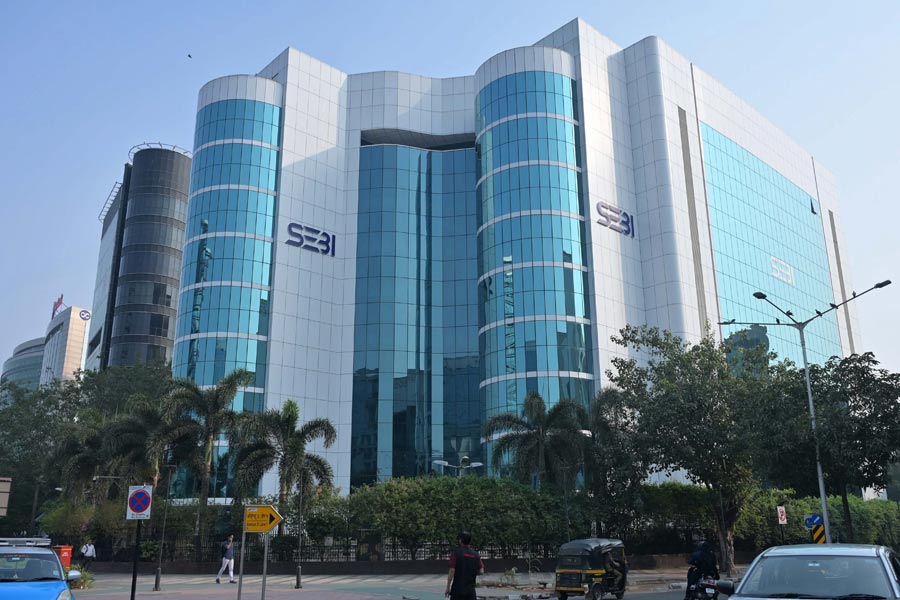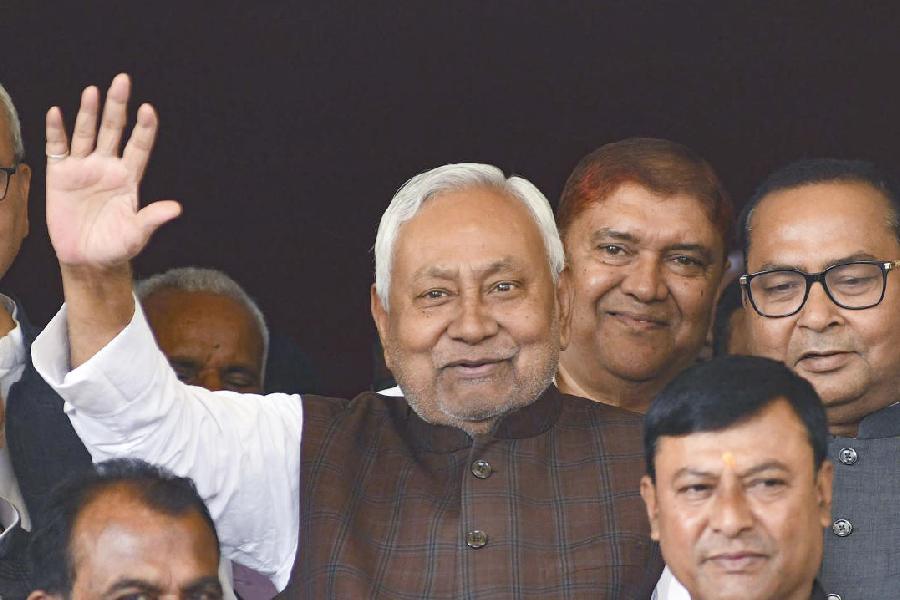Capital markets regulator Sebi on Monday decided to set up a high-level committee to undertake a comprehensive review of conflict of interest, disclosures pertaining to property, investments and liabilities of members and officials on the board.
The committee will work independently and submit its recommendations within three months from the date of constitution, which will then be placed for the board’s consideration.
The name of the committee members will be announced in due course but will consist of eminent persons and experts with relevant background and experience in constitutional/statutory/regulatory bodies, government/public sector, private sector and academia, the regulator said.
The review comes in the wake of allegations of conflict of interest against former Sebi chief Madhabi Puri-Buch by Hindenburg Research in the Adani issue.
“The day I joined, I had mentioned that we will come up with our plan on how we will handle conflict of interest and other issues.
“Today the board has decided to constitute a high-level committee to undertake a comprehensive review of the provisions relating to conflict of interest, disclosures pertaining to property, investments, liabilities etc. and related matters in respect of members and that includes the chairman and officials of the board,” Sebi chairman Tuhin Kanta Pandey said after his first board meeting on Monday.
Pandey said the objective of the high-level committee is to comprehensively review and make recommendations to enhance the existing framework for managing conflicts of interest, disclosures and related matters to ensure the high standards of transparency, accountability, and ethical conduct of members and officials of the board.
Enhanced threshold
The Sebi board has taken a slew of measures aimed towards ease of business and compliance. Chief among them is the approval of a proposal to double the investment threshold for disclosures by foreign portfolio investors (FPIs) to ₹50,000 crore.
At present, certain FPIs with equity assets under management (AUM) exceeding ₹25,000 crore are required to provide granular details of all their investors or stakeholders on a look-through basis.
“Cash equity markets’ trading volumes have more than doubled between 2022-23 (when the limits were set) and 2024-25. In the light of this, the board approved a proposal to increase the applicable threshold from the present ₹25,000 crore to ₹50,000 crore,” Pandey said.
In August 2023, Sebi had directed FPIs, which were holding over 50 per cent of their equity AUM in a single corporate group or with an overall holding in Indian equity markets of more than ₹25,000 crore, to disclose granular details of all entities holding any ownership, economic interest, or exercising control in the FPI.
“This was designed to guard against any potential circumvention of Sebi’s norms with respect to minimum public shareholding (‘MPS’) and substantial acquisition of shares and takeovers (‘SAST’). It is clarified that there is no change being proposed in respect of this criteria, and the extant checks to prevent circumvention of MPS and SAST norms shall continue to apply in toto,” Sebi said.
Investment advisers
The Sebi board has also decided to allow investment advisers and research analysts to charge advance fees for up to one year.
Under the existing rules, investment advisers (IAs) can charge fees in advance for up to two quarters if agreed upon by the client, while for research analysts (RAs) it was only for a quarter.
Sebi said that IA and RA regulations were earlier rationalised to address many concerns of the industry. Most of the changes have been welcomed by them. However, concerns remained on some of the fee-related provisions, which restricted collection of advanced fees by IAs/ RAs to six months or three months.
“In order to address those concerns, the board has decided that if agreed by the client, IAs and RAs may charge fees in advance up to a period of one year,” Pandey said.
But the compliance requirements related to fee limits, payment modes, refunds, and breakage fees will only be applicable to individual and Hindu Undivided Family (HUF) clients.
In case of non-individual clients, accredited investors, and in case of institutional investors seeking recommendation of proxy advisers, fee related terms and conditions will be governed through bilaterally negotiated contractual terms.
Debt securities
Sebi further said that to give a fillip to issuance of and trading in lesser rated debt securities, investments of Category II AIFs (alternate investment funds) in listed debt securities rated ‘A’ or below will be treated as akin to investments in unlisted securities for the purpose of their compliance with minimum investment conditions in unlisted securities.











